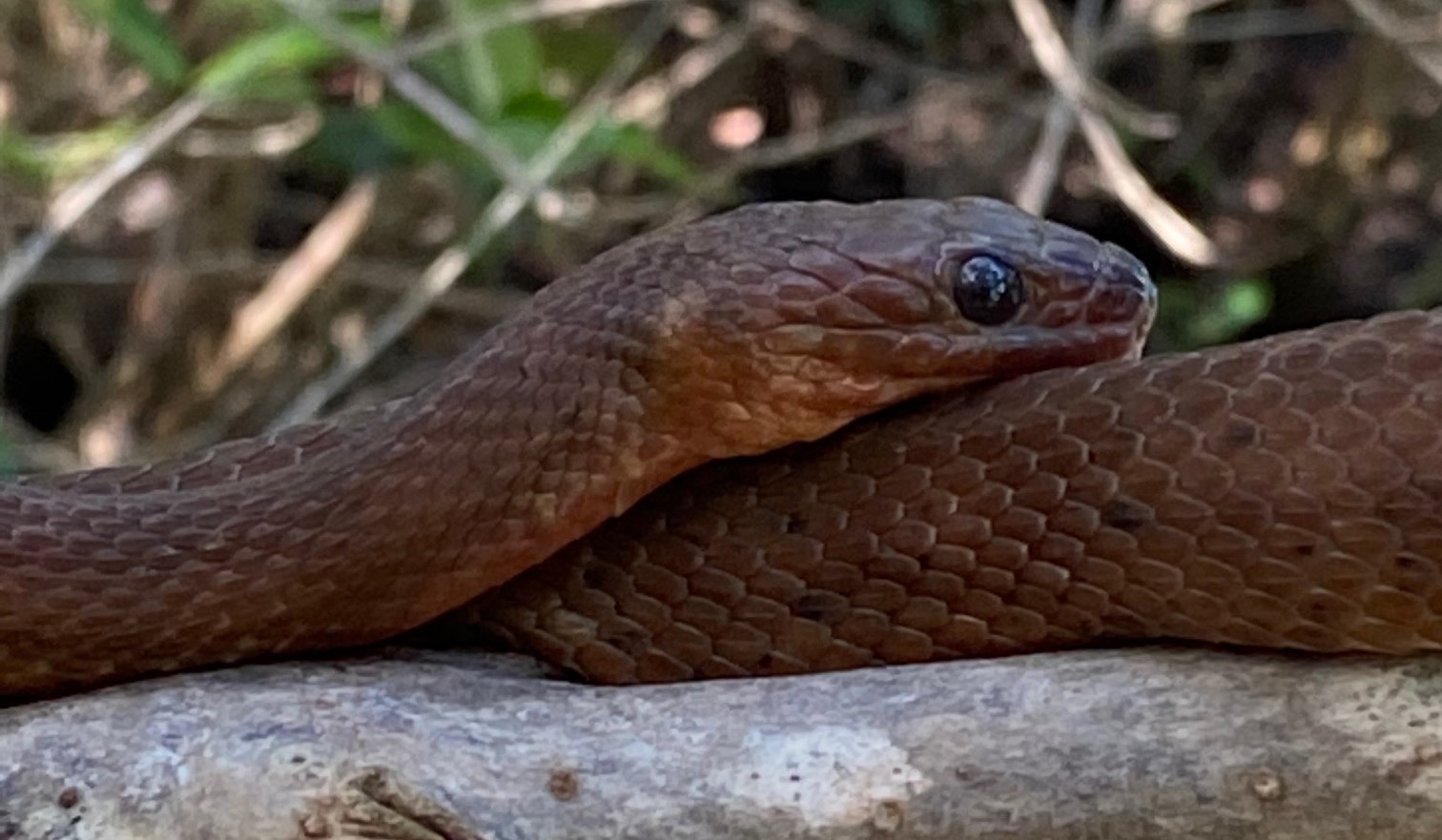Work Experience


For my first official work experience in the wildlife field, I participated in an effort to document the various types of wildlife passing through the Florida Wildlife Corridor in Alachua county. This monitoring had several goals including monitoring the spread of invasive wild hogs, confirming the presence and rough population size of native cryptic mammals like black bears and bobcats, and watching for the possible spread of invasive rhesus macaques from nearby Silver Springs along the same wildlife corridor. Throughout the internship, I split my time between identifying animals on photosets and gaining valuable field experience learning how to properly prepare a site for camera trap monitoring, camera installation, and camera recovery. My contribution is only a small part of the monitoring work being done at the University, and I hope that in time these efforts will prove useful in the form of a publication.
After processing photosets for a few months, I decided I wanted to get more experience working in the wildlife field. Shortly thereafter, I joined the Florida Invasion Ecology Lab to help in the thesis research of one of the graduate students, Madison Harman. The subject of this research was the Argentine Black and White Tegu (Salvator merianae), a large species of lizard native to South America and introduced as an invasive species in southern Florida. As a large omnivorous lizard with a generalist diet, there have been concerns that these lizards are outcompeting and consuming native wildlife. To quantify the impact of Argentine Tegus, this research analyzed diet samples of Tegus captured in south Florida. My initial role was cleaning and sorting diet samples by broad taxonomic groups, however as I progressed in my entomology minor I was able to further help by identifying insect fragments to as specific a taxonomic group as possible. I was also able to participate in dissections of several invasive lizards from south Florida including Argentine Tegus, Knight Anoles (Anolis equestris), and Day Geckos (Phelsuma grandis).
From May to August of 2023, I worked with the Tennessee Department of Transportation as an Environmental Tech Intern in the Environmental Office. This office worked to assess and mitigate environmental impacts resulting from Tennessee Department of Transportation (TDOT) projects. My job focused primarily on identifying and assessing the importance of wetland features that could be impacted by construction projects. This involved using wetland indicators such as hydric soil, hydrophytic vegetation, and hydrology to identify wetlands, quantifying the value of wetlands by assessing both the wetland and its surrounding landscape, and generating reports of potential species that could be impacted based on the data collected in the field. I was also able to participate in fish sweeps, mussel sweeps, and searches for state endangered plant species.
Since starting my graduate education in August of 2022, I have worked as a graduate teaching assistant at Austin Peay State University. In this role, I have worked to lead class lectures and teach students basic concepts in biology, basic R coding practices, grade papers, set up biology labs, and develop exam questions to test the students knowledge. I have acted as a graduate teaching assistant for methods of biological research and principles of biology II.